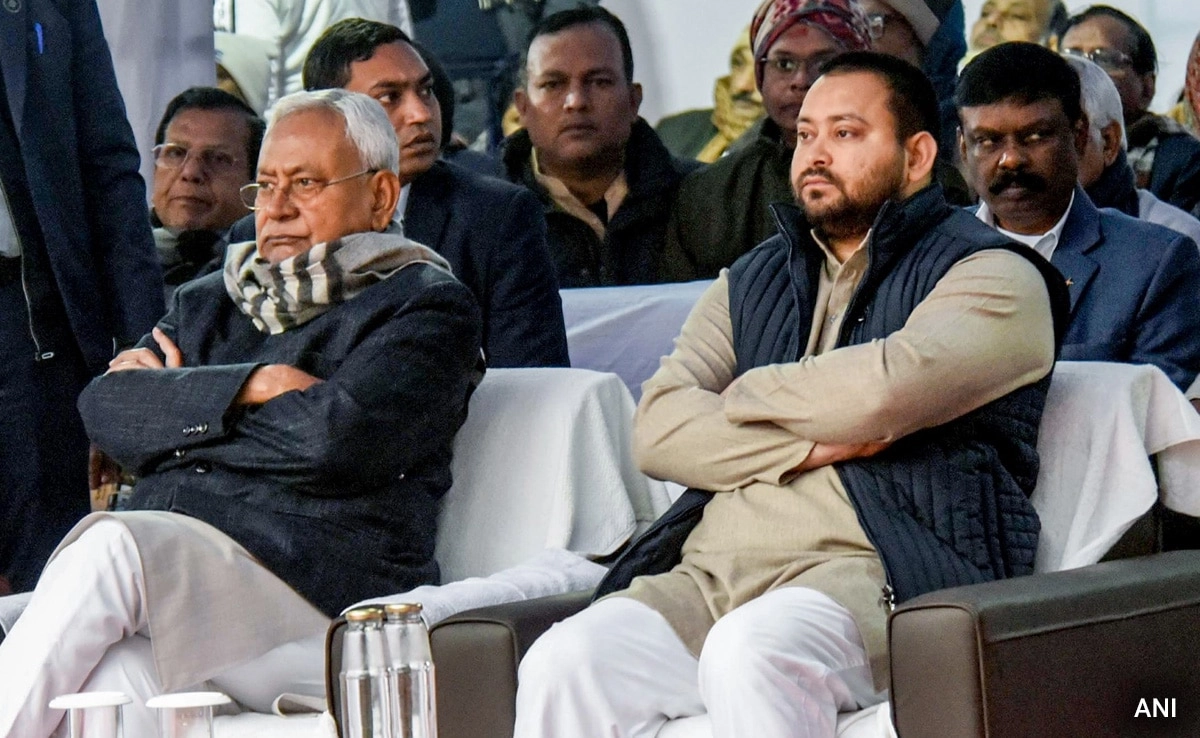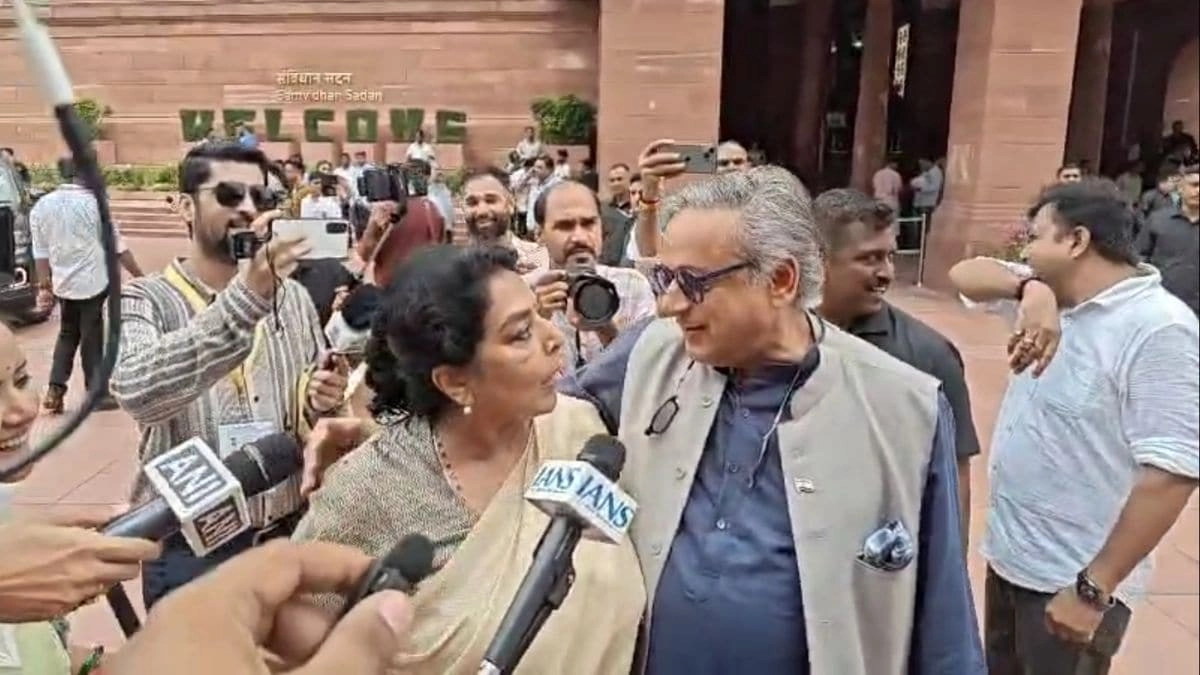In a recent address, JP Nadda, the National President of the Bharatiya Janata Party (BJP), shared an invaluable life lesson imparted by Prime Minister Narendra Modi, emphasizing the essence of true leadership. According to Nadda, a true leader is not merely defined by their authority or position, but rather by their ability to inspire and uplift those around them. This perspective resonates deeply, particularly in the context of modern governance, where the effectiveness of a leader is gauged by their capacity to foster collaboration, empathy, and a shared vision among their followers.
Nadda recounted how Prime Minister Modi exemplifies these qualities through his commitment to transparency, inclusivity, and decisive action. He highlighted the importance of connecting with people at grassroots levels, understanding their aspirations, and addressing their concerns with sincerity. This approach not only builds trust but also galvanizes communities towards common goals. A leader, as articulated by Nadda, should be a beacon of hope and resilience, capable of navigating challenges while maintaining a clear focus on the greater good.
Moreover, the lesson underscores the significance of humility and selflessness in leadership. Nadda pointed out that true leaders prioritize the welfare of their constituents over personal gain, demonstrating accountability and integrity in their actions. This philosophy aligns with the BJP’s vision of servant leadership, where leaders embody the spirit of service, striving to empower others and create meaningful change. As Nadda articulated, such leadership is crucial in today’s world, where divisive politics often overshadow collective progress.
In conclusion, JP Nadda’s reflections on Prime Minister Modi’s teachings serve as a reminder that the hallmark of effective leadership lies in the ability to inspire, connect, and serve. By embracing these principles, leaders can cultivate a culture of trust and collaboration, ultimately driving societal transformation. As we navigate an increasingly complex world, the call for authentic leadership has never been more urgent, and the lessons shared by Nadda can guide current and aspiring leaders toward a more inclusive and equitable future.




